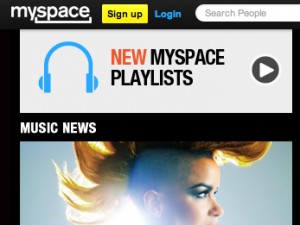Study Finds Increase in Willingness to Share on Facebook
March 11, 2013
According to a study from researchers at Carnegie Mellon University, which followed the privacy practices of 5,076 Facebook users over the course of six years, Facebook succeeded in reversing users’ inclination to avoid public disclosure over time. And even as some sought to keep personal data private from strangers by limiting what was available on their profiles, they increased what they shared with friends throughout the years. Continue reading Study Finds Increase in Willingness to Share on Facebook

